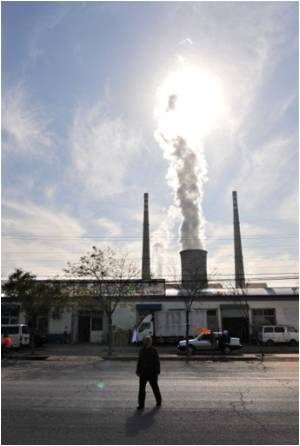
Robert A. Silverman, MD, and his colleagues have been interested in the effects of ambient fine particulate matter on a number of medical conditions, including cardiovascular disease and asthma.
The US Environmental Protection Agency (EPA) keeps tabs on air pollution through dozens of strategically placed pollution sensors in cities and towns throughout the country. This data allowed the researchers to collect data on average 24-hour values of small particulates and other gaseous pollutants around New York City during the summer (when pollution is higher) and winter months.
They then compared that data to the 8,216 out-of-hospital cardiac arrests that occurred between 2002 and 2006. Most people in the throes of a cardiac arrest do not survive in time for emergency medical service teams to save them.
Dr. Silverman and his fellow researchers reported that for a 10ug/m3 rise in small particle air pollution, there was a four-to-10 percent increase in the number of out-of-hospital cardiac arrests. The current EPA standard is 35ug/m3. The effect was much greater in the summer months, said Dr. Silverman, an associate professor of emergency medicine and director of research at LIJ's Department of Emergency Medicine.
"Small particulate matter is dangerous to health," said Dr. Silverman.
Advertisement
Source-ANI












